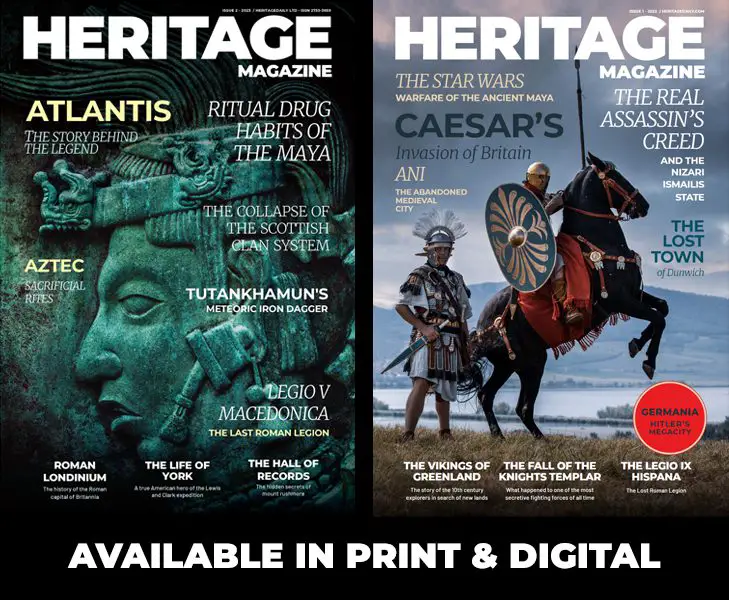A team of more than 40 archaeologists are working at sites along the A66 hoping to understand more about the route’s rich Roman history.
Since the start of November, they have been making their way through over 1,250 trial trenches as part of extensive surveys which are being carried out to analyse the archaeology along this northern trans-Pennine stretch.
The excavation is part of National Highways’ proposal for the biggest investment on the north’s road network for a generation, with £1bn plans to improve the A66 between M6 junction 40 and A1 at Scotch Corner by dualling the remaining sections of the route and improving key junctions.
The A66 follows an old Roman road, which lends added significance to gaining an understanding of the archaeology along the proposed route.
And the work has already begun to pay dividends, with the discovery of a potential Neolithic axe, Roman road remains and ditches, pottery, a flagstone area and post-medieval findings.
National Highways project director Lee Hillyard said: “A good, early understanding of the unique relationship between our project and the surrounding historical environment will help us avoid any unexpected surprises and unnecessary delays once construction begins.”
Trial trenching is a method of archaeological evaluation used to characterise and determine the archaeological potential of a site. The results of the trial trenching are used to inform any future stage of work, mitigation and further areas of excavation.
The trenches are 30m in length and 2m wide. The machine excavation goes to a depth of 300m to 600mm with hand excavation reaching 1.2m below existing ground level.
The evidence will be combined to produce a report, which will provide site-by-site information and ultimately inform the next stages of archaeological work. These later stages may involve bespoke, large-scale excavation ahead of the construction work, or archaeological monitoring during it.
Members of the public will also see teams carrying out environmental surveys along the route. The surveys will help National Highways to understand how its proposals could affect the environment on land in and around the project.
Header Image Credit : GOV.UK





